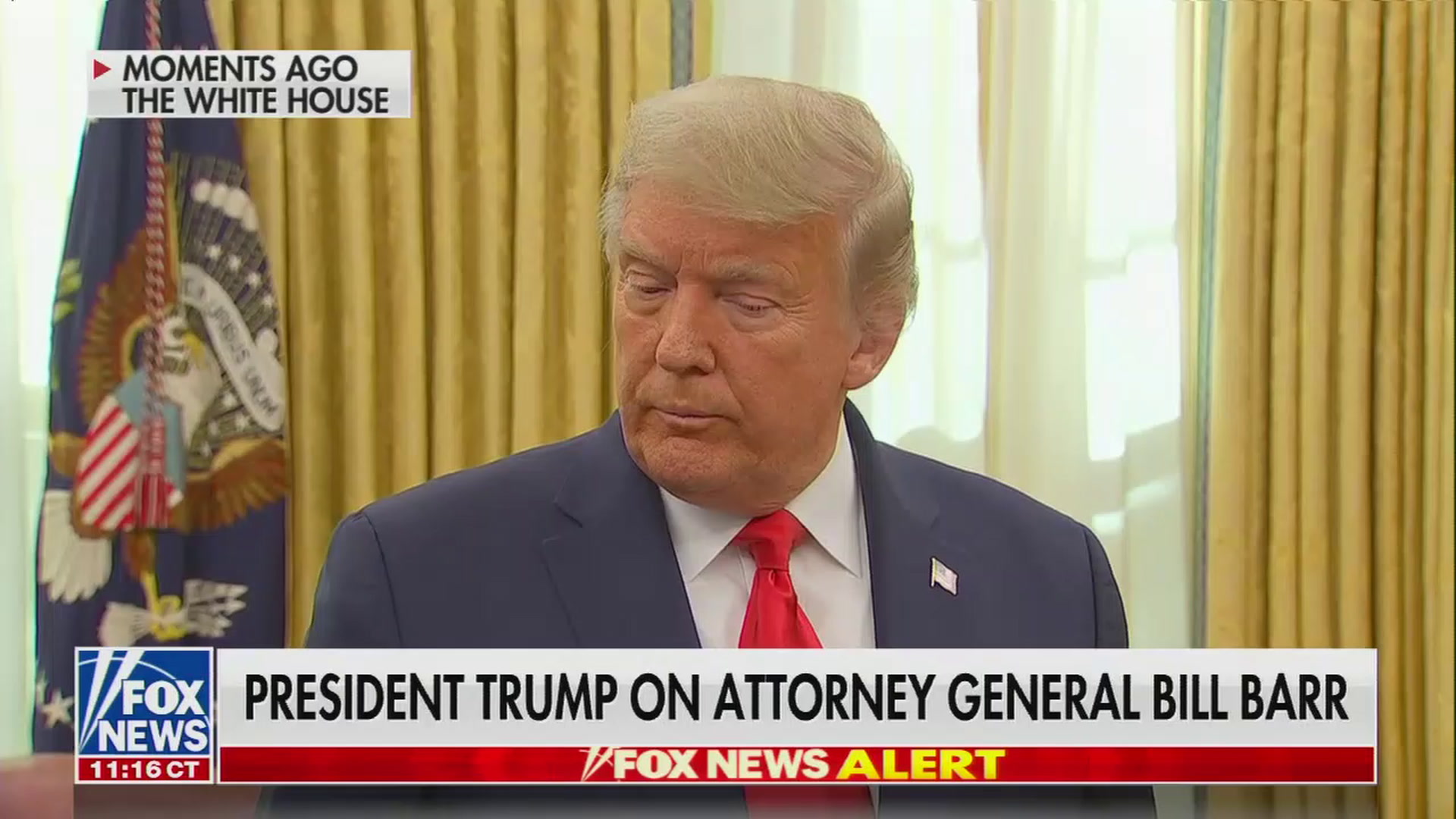David Cameron on Monday became the fifth former prime minister of the United Kingdom to raise concerns or condemn the government's plan to break international law in order to amend the Brexit deal Boris Johnson agreed to with the European Union last year.
The state of play: Johnson is facing a possible intra-party rebellion over a new bill that would override provisions in the Brexit divorce deal related to Northern Ireland, a country in the U.K. that shares a border with EU member state Ireland.
- With talks over a long-term free trade agreement at risk of collapse, the EU has demanded that Johnson scrap the bill and is threatening legal action if he refuses.
- The U.K. is now likely to leave the Brexit transition period on Dec. 31 without a free trade agreement, something that experts have warned could cause significant economic disruptions.
What they're saying:
- Theresa May (2016-2019): "How can the government reassure future international partners that the U.K. can be trusted to abide by the legal obligations of the agreements it signs?"
- David Cameron (2010-2016): "Passing an act of Parliament and then going on to break an international treaty obligation is the very, very last thing you should contemplate. It should be an absolute final resort. So I do have misgivings about what's being proposed."
- Gordon Brown (2007-2010): "It's self-harm. You can't sign an international treaty — what was it 12 months ago? The prime minister negotiating it, he's signing it, and then break it. You've got no respect."
- Tony Blair (1997-2007): "What is being proposed now is shocking. How can it be compatible with the codes of conduct that bind ministers, law officers and civil servants deliberately to break treaty obligations?"
- John Major (1990-1997): "For generations, Britain’s word — solemnly given — has been accepted by a friend and foe. Our signature on any treaty or agreement has been sacrosanct. … If we lose our reputation for honoring the promises we make, we will have lost something beyond price that may never be regained."
Go deeper: Why Brexit talks have once again been thrown into chaos





